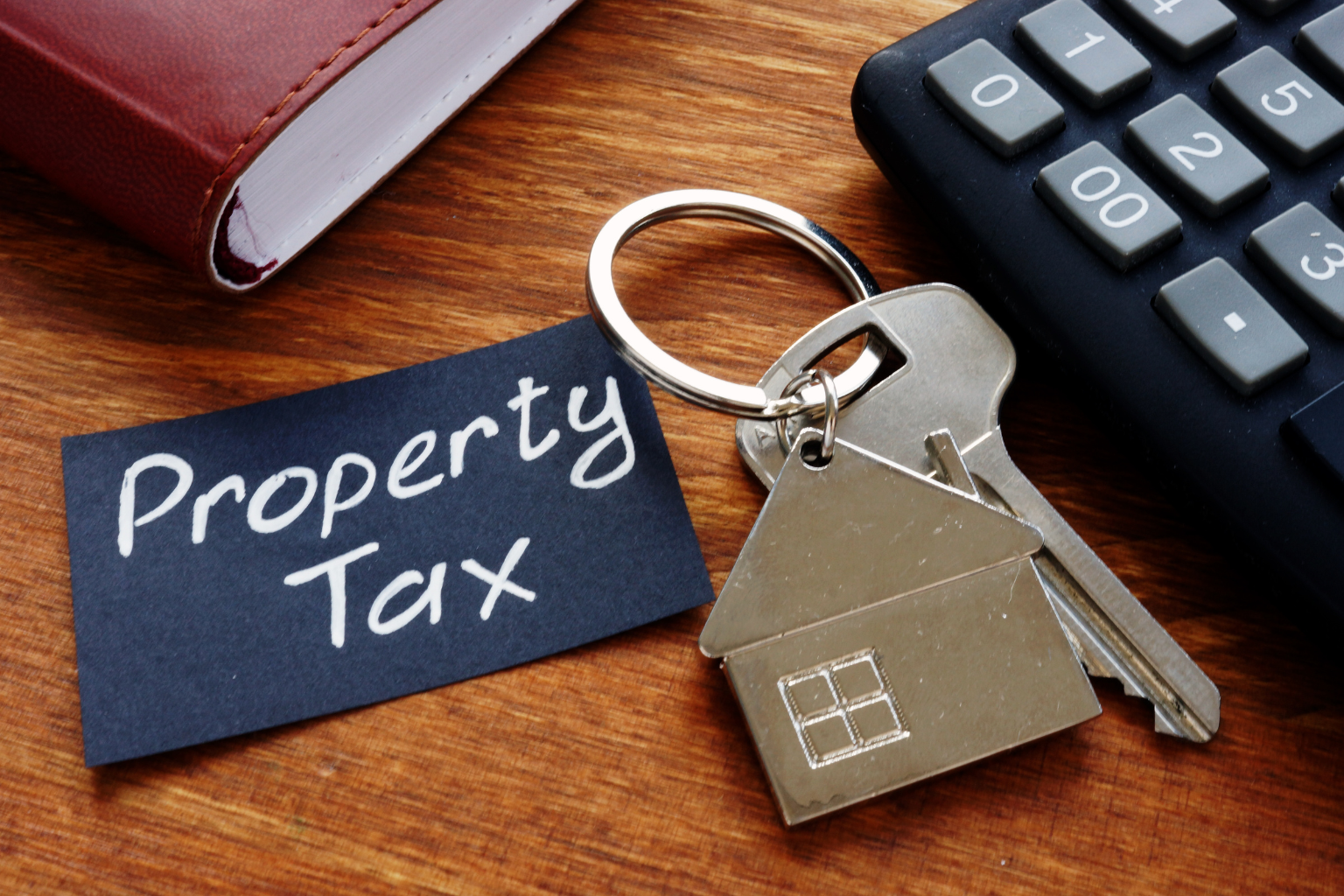Jersey Shore Community Faces Sharp Property Tax Rise as School Funding Shrinks

As public schools face a budget crisis, a seaside New Jersey community is facing a high property tax increase. Due to state funding cuts, the education system’s financial deficit has grown, pushing town leaders to blame residents.
After years of school funding cuts, property taxes are rising. Since 2018, the town has lost over $30 million in state revenue, but school district expenses—including staffing, facilities, and classroom needs—have increased. Pressures are increased by inflation, utility expenses, deteriorating structures, and teacher compensation demands. The district faces missed payrolls, fewer educational services, and larger class sizes without the tax rise, say administrators.
Local government officials said they tried expenditure cuts, delaying building upkeep, and suspending non-essential jobs but failed. Some districts, especially those with less property ownership or household income, have suffered from the state’s changing financing model. Local taxpayers have been expected to make up the difference as state contributions have declined, but annual aid growth limits have plagued many districts. Even in high-need districts, these limitations slow recovery.
Some residents are frustrated that schools have fewer resources despite paying more. Others worry about school quality negatively affecting property values over time. Local leaders claim they had to raise taxes to provide locals with basic education. The town council raised property taxes to fund the multi-million dollar shortfall, maintain school operations, and avert service cuts due to state grant delays.
The effect may be unequal. Higher taxes may affect low-income homeowners. Meanwhile, homebuyers may reconsider moving to places with rapidly growing local taxes. School leaders want state legislators to revise the financing formula, remove limitations on assistance increases for failing districts, and make school funding more equitable so communities don’t pay disproportionately.
Without a major change in state educational financing, more shore communities may raise property taxes to make up for declining state support, placing pressure on homeowners and renters.


